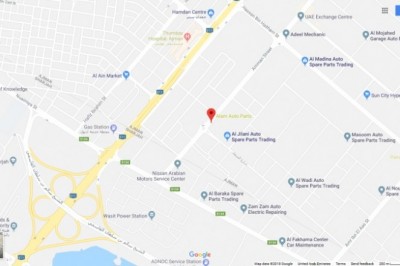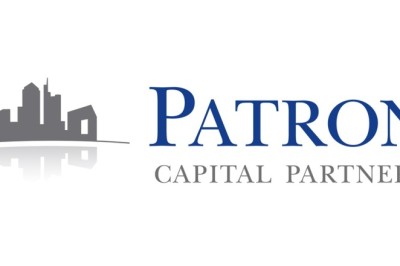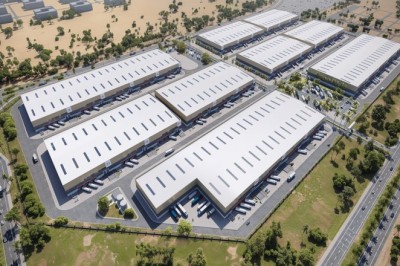
Restoring the agro-food Industry is going to be an essential component of reconstruction efforts in Iraq, notes Frost & Sullivan’s Food Practice
United Arab Emirates, August 28, 2018, (AETOSWire) – Iraq is among the most non-developed countries in the agro-food industry across Middle East and North Africa. The country lost its glory owing to the wars in the last 2 decades, extremist conflicts, drought and past sanctions. The development of the agro-food industry slowed since 2003 and the country depended on imports to cater to its essential needs. Many SMEs have either closed down or operating at only 20-30% of their capacity due to restrictions which hamper their productivity.
Now that the ISIS conflicts have subsided, stabilisation and humanitarian efforts are being taken, along with budgets allocated by large international financiers (Word Bank, IMF, etc.). These measures are expected to revitalize the sector. Food security, self-sufficiency, benefit for poor population in both rural and urban areas are some of the key objectives of Iraqi agro-food policies, as part of the 2018/19 Budget.
As a part of the agro-foods industry, the Iraq packaged foods sector has great potential to grow. Iraq’s population is expected to boom, reaching over 47 million people by 2025, and perhaps as much as 50 million by 2035. Besides, factors like large youth population, rise in GDP per capita and ongoing security stabilization programs are expected to drive the packaged foods market in Iraq. Most importantly, Iraq hosts more than 20 million Shia pilgrims every year which increases the market to more than 60 million people.
“Canned foods, semi-prepared meals, cereals, pasta, pickles, snacks and confectioneries are expected to grow at CAGR of 8-10% within the next 5 years. Flour-based products, dairies, chocolates & confectionary products, canned food, processed meat, tomato pastes and sauces accounted for over 70% of the total packaged food market in Iraq,” said Ali Mirmohammad, Sr. Consultant and Business Development Manager at Frost & Sullivan.
For more information on this analysis and to access the info graphics, click here.
“Poverty reduction and food security programs supported by World Bank and IMF to raise household disposable incomes and reduce the unemployment rate among youth population are key market drivers for the packaged foods market in the next 5 years. As a result, it is expected that the quality will be more important than price among mid-level citizens. Western tastes, beside quality of packaging and more natural tastes are going to be more important among youth population in Iraq”, said Mirmohammad. “The Iraqi food market craves for western style supermarkets and large fast food chain services in large cities like Baghdad, Basra and KRG region”.
In spite of the challenges of doing business in Iraq, it calls for emerging investment opportunities from global players. Renovations, technology upgradation, modern management and appropriate supply chain systems are key development factors for the Iraqi packaged food industry. Apart from that, the country needs billions of dollars investment as an immediate outlay to develop relevant infrastructures such as water, electricity, transportation fleets, warehouses, cold storages, etc.
Food security and unemployment being major concerns, the Government plans to support local manufacturing and cut imports by at least 30-35% within the next 5 years. Currently, the country imports more than USD 6 billion of agro-food products (both officially and under the table cross border supplies) from neighbours as local manufacturing cannot meet more than 20-25% of domestic demand. Insufficient agricultural feedstock, expensive logistics and lack of liquidity is the reason for local food companies to lack a competitive edge over international rivals.
The initial plan is to leverage managerial and technological leadership of global players to revitalise local manufacturing facilities in dates pressing, dairies, vegetable oils, flour mills, pasta, canned and frozen foods, bottled water, soft drinks and bread products. An attractive legal framework has been established for greater protection and incentives for new investors. To facilitate investment, the National Investment Law 13 (2006) has been amended to allow non-Iraqis to own land, as well as investment partnerships with state-owned enterprises. The same law exempts foreign companies from tax for up to 10 years and import fees for a period of three years.
Post the ISIS war, the outlook for foreign direct investment in Iraq is expected to improve with strengthened security and a more normalised business environment. Consequently, both regional and global alliances will support the country in its reconstruction efforts are this is expected to drive the economy’s growth in the mid-term. As a result, Iraq can be an important emerging market destination for regional and global players; however, having a good market share requires a great understanding of the socio-cultural composition besides religion and taste factors.
Frost & Sullivan recently came out with a thought leadership document titled “Iraq’s Untapped Opportunities; Path to Investment Boom” highlighting the country’s economic growth across various sectors. Click here to view the press release of this analysis. The document also covers the packaged foods market in Iraq which has great potential, attracting immense investment opportunities from global companies.
If you are interested in gaining more information on Iraq’s packaged food market and speaking with our experts, please feel free to get in touch with me at achandhoke@frost.com.



















Facebook Conversations
Disqus Conversations